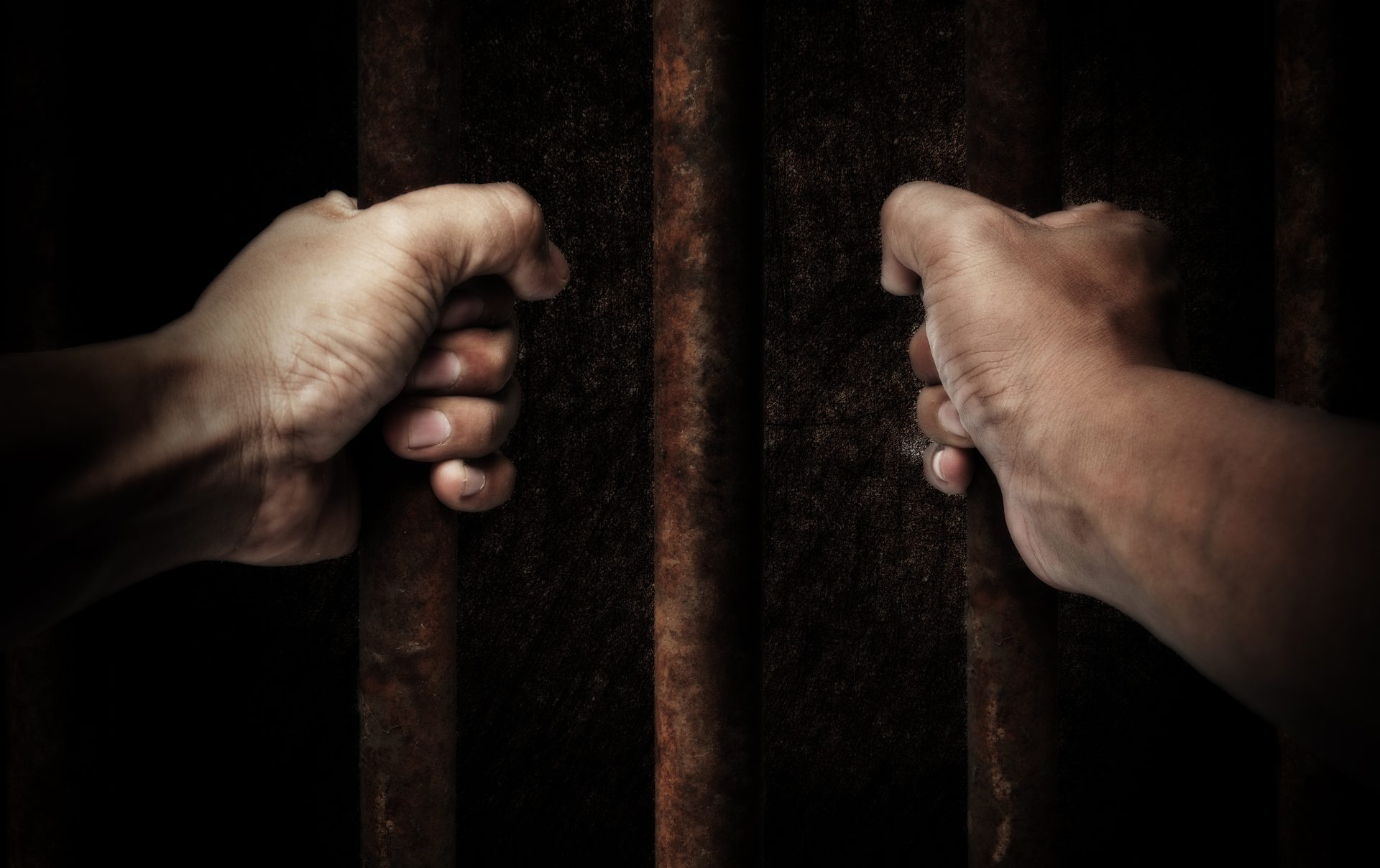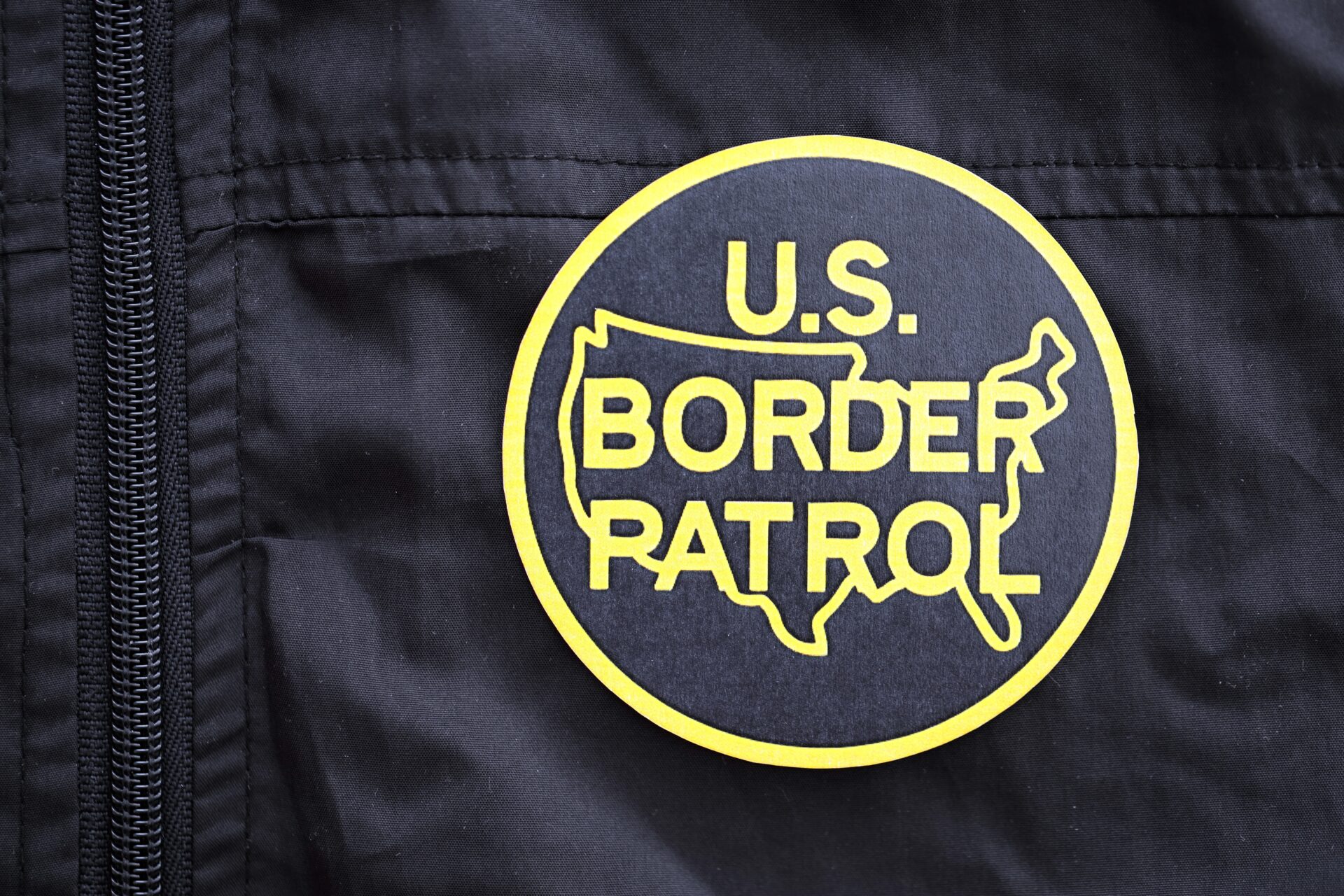
Kohberger Leaks: Averted Death Penalty?
Will Bryan Kohberger escape the death penalty because of leaked evidence—turning his high-profile murder trial into a showcase of judicial disruption?
At a Glance
- An Idaho judge refused to postpone Bryan Kohberger’s trial for the University of Idaho murders.
- The release of critical evidence on a “Dateline” episode has sparked concerns about tainting the jury pool.
- Kohberger’s defense claims the leaks might protect him from the death penalty.
- The trial’s start was delayed by just one week despite the defense’s arguments.
The Impact of Evidence Leaks
The drama of Bryan Kohberger’s legal proceedings intensified with a prominent media leak possibly influencing the trial’s outcome. Amidst allegations of Kohberger’s involvement in the gruesome murder of four University of Idaho students, crucial surveillance video and cellphone tower data were aired on a “Dateline” episode. This exposure has stirred anxieties over prejudicing the jury against Kohberger. With prosecutorial aims set on the death penalty, the defense argues these breaches could manipulate trial fairness, potentially mirroring a previous Idaho case.
Watch a report: Start of Bryan Kohberger trial
Judge Steven Hippler, tasked with overseeing the trial, decided the leaks weren’t enough to justify a significant trial delay. His rationale includes avoiding inflaming public curiosity by lengthening procedural gaps. The defense team sought a delay to thoroughly review evidence affected by media leaks and ensure juror impartiality. Judge Hippler ultimately ruled against the defense, maintaining concerns about extended media frenzy if the trial were pushed further into the future.
Judging Without Delay
While the defense raised valid issues regarding the jury pool’s exposure to prejudicial information from media leaks, the court chose trouble over prolonged uncertainty. The trial’s timeline was adjusted by a mere week to alleviate logistical concerns rather than addressing information breaches. Opening arguments are slated for August 18, barely mitigating apprehension over ensuring a fair trial devoid of pretrial influence. “The longer the public is made to sit and wait for the facts…the more time there is for…inflammatory, speculative stories…” – Fourth District Judge Steven Hippler.
Challenge to a Fair Trial
Stirring controversy remains the leaked investigation details, provoking analysis of court obligations and public information management. Former Assistant U.S. Attorney Neama Rahmani voiced the gravity of such leaks, suggesting they pose “a constitutional violation,” especially if they skew juror perceptions prematurely. This leak not only threatens the trial’s integrity but also hints at the possibility of leniency in sentencing—a breach of protocols that could ultimately spare Kohberger the death penalty stake.
The legal dance around Bryan Kohberger’s trial thus highlights the precarious balance between media freedom and judicial prudence in capital cases. Amidst societal pressure for justice and the media’s intense spotlight, the proceedings test our legal system’s resolve to preserve fairness and due process. Such high-profile cases remind us that the justice system’s credibility is bound by its commitment to upholding the rule of law against the alluring chaos of trial-by-media narratives.


